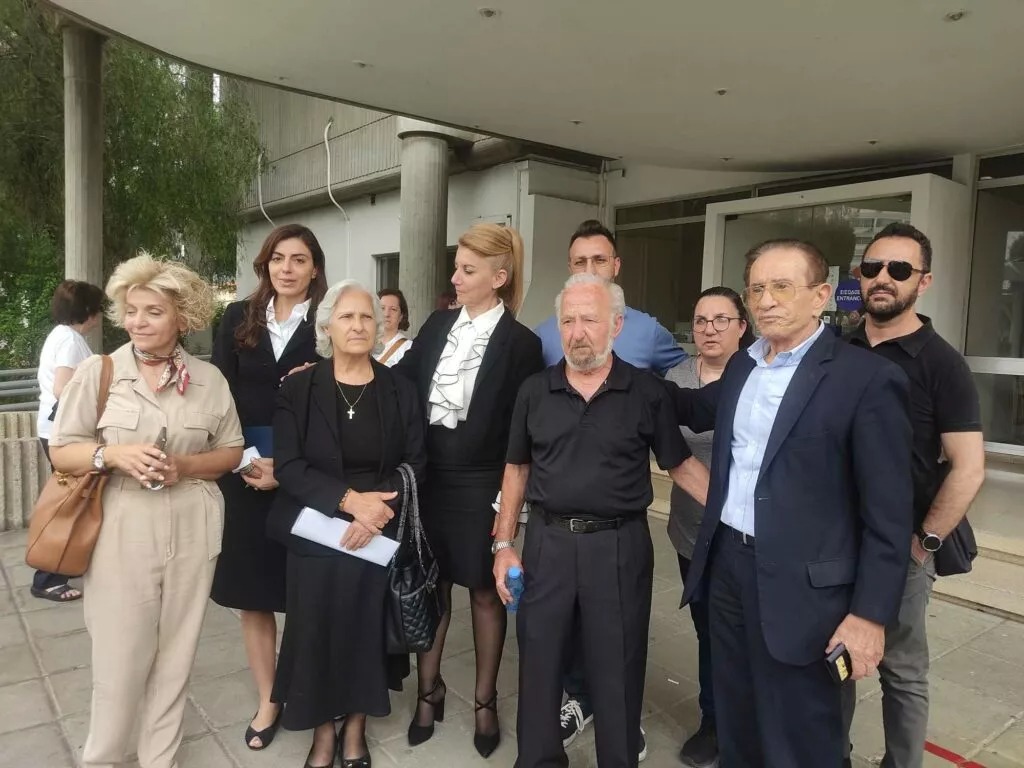A judge on Friday ruled that Thanasis Nicolaou’s death in 2005 resulted from strangulation, vindicating his family’s long-held belief of foul play.
Judge Doria Varoshiotou attributed the death to a criminal act in a comprehensive decision.
Thanasis’ body was found under a bridge in Alassa in 2005 and his death was deemed by the army and police as a suicide. But after his remains were exhumed in 2020 over suspicions of foul play, further autopsies showed he had been beaten and strangled.
Today’s verdict follows a lengthy inquest process marked by disagreements between expert witnesses.
Upon hearing the decision, relatives of the Nicolaou family who were present in the courtroom burst into applause, and Thanasis’ mother, Andriana Nicolaou, exclaimed, “There is justice!'”.
While acknowledging discrepancies in some testimonies, the judge emphasised the clarity of forensic pathologist Dimitra Karagianni’s evidence.
Karagianni’s findings, based on an examination of the hyoid bone, supported strangulation as the cause of death.
The judge noted, “I meticulously examined the testimonies of the two key individuals, Karagiannis and Agapitou, and I reiterate that the decision will be scrutinised by them. The discrepancy between their accounts regarding the 37 tiles and their connection to Thanasis does not impact the essence of the case.”
She further emphasised, “The truth in the case of Thanasis was unveiled through indisputable evidence presented by Ms Karagiannis. Her scientific opinion was conveyed with clarity, and it is characteristic of her to state that she does not offer a personal opinion but instead lets the findings speak for themselves. She substantiated her references, concluding that the identified deficit was an injury caused by strangulation during life.”
Coroner Varoshiotou acknowledged the emotional complexities of the case, highlighting the hazing Thanasis allegedly suffered during his military service.
The report details the events leading up to the discovery of his body in 2005, previous investigations, and the European Court of Human Rights’ (ECHR) ruling against Cyprus on the case’s handling.
Read more:






